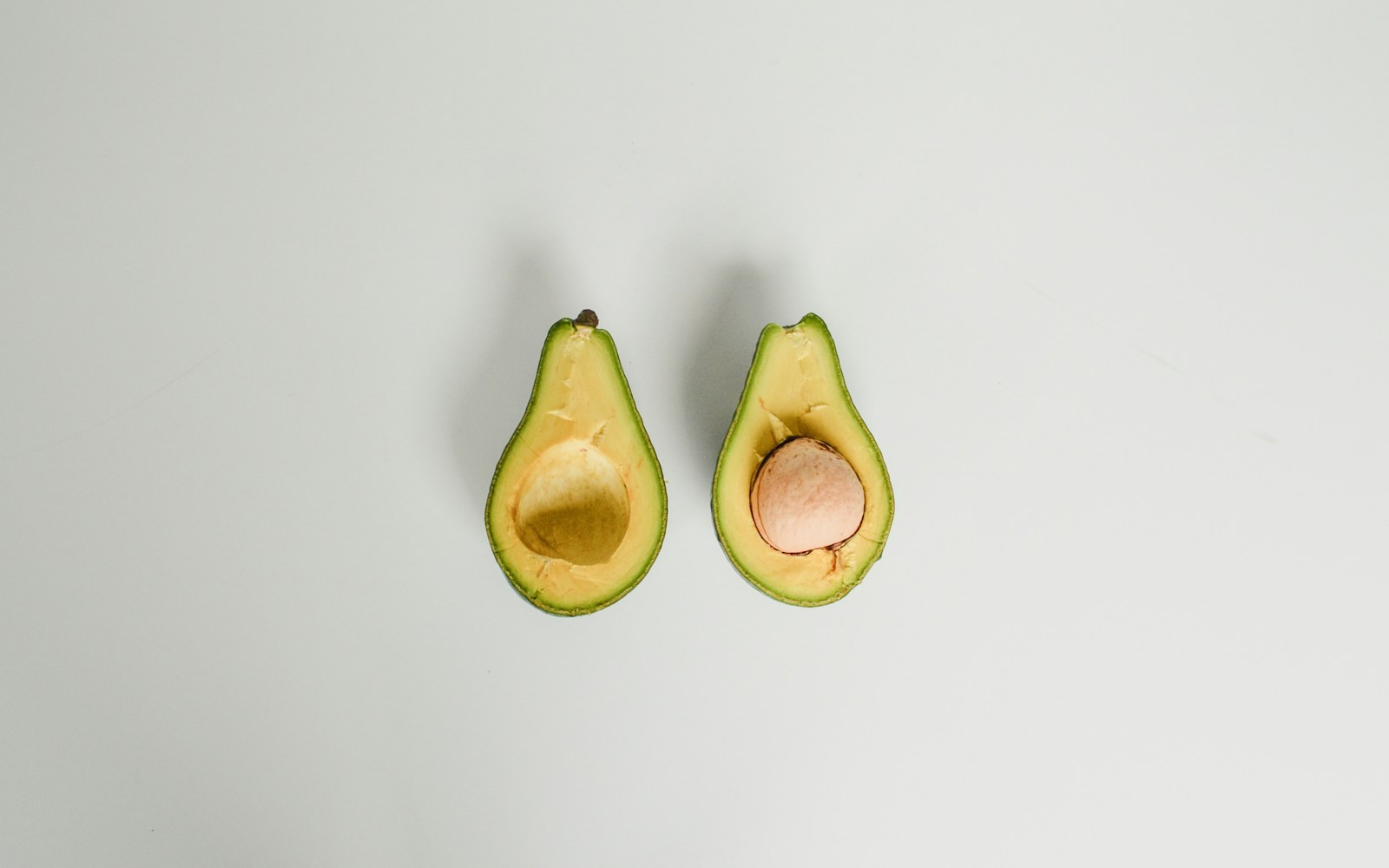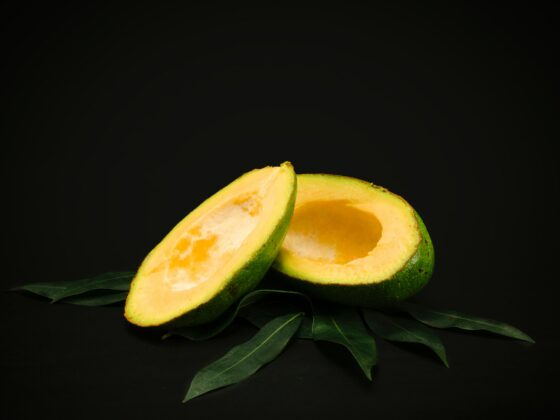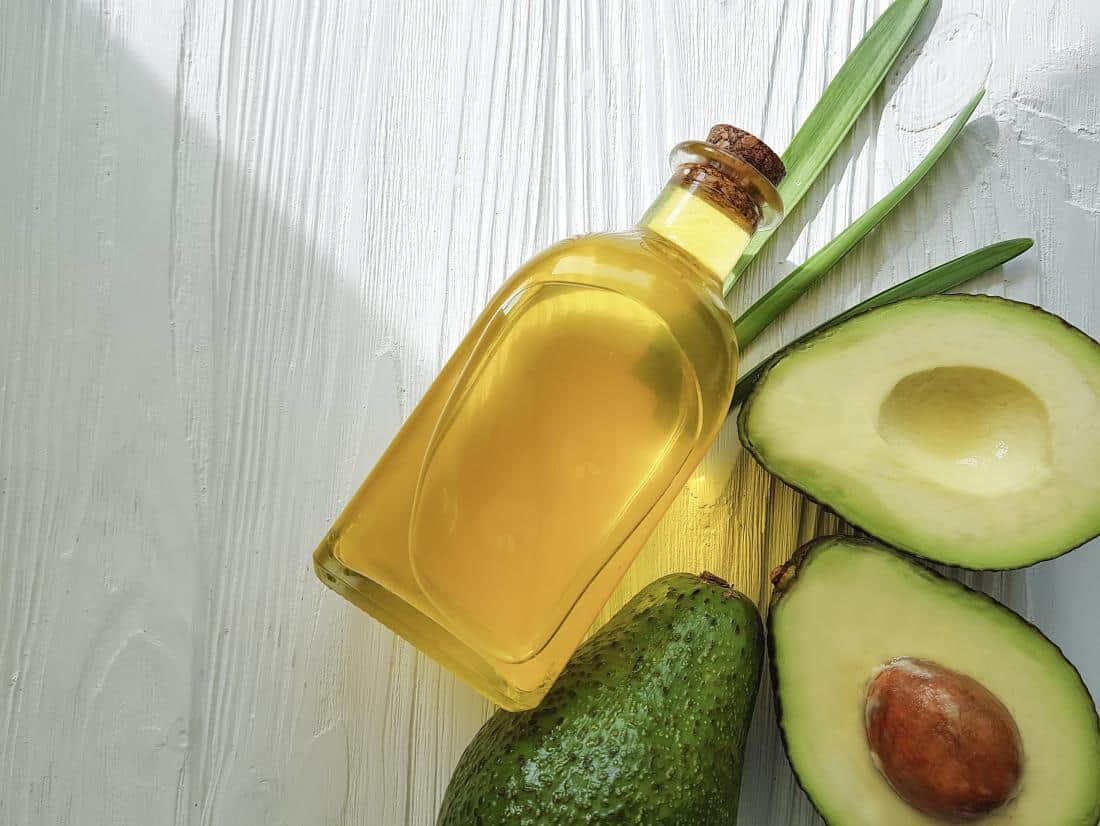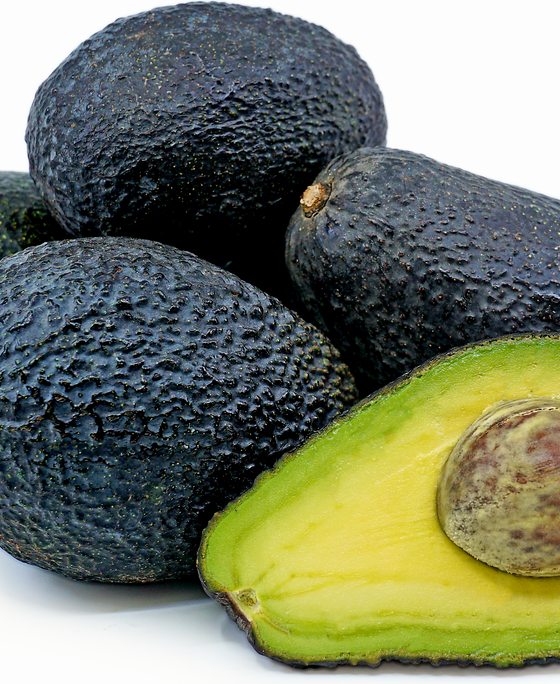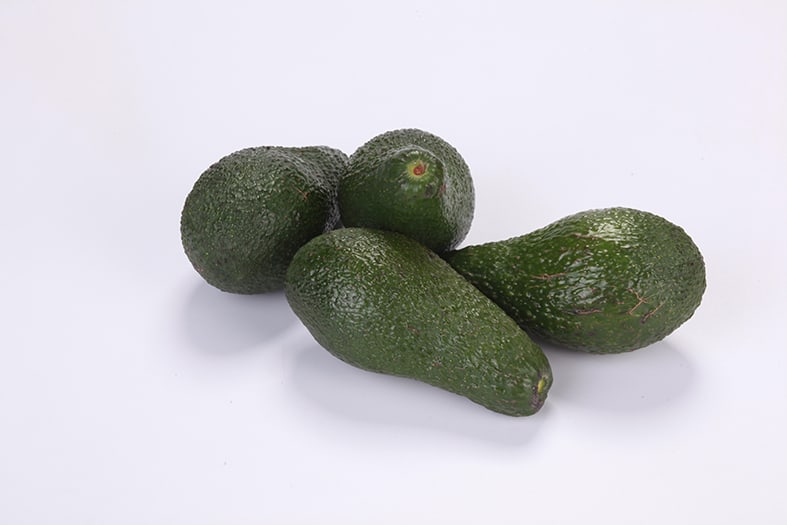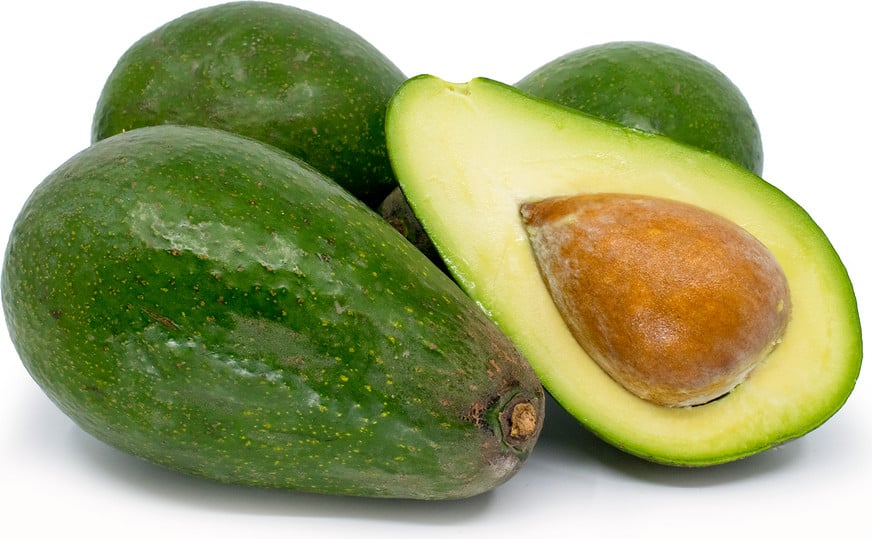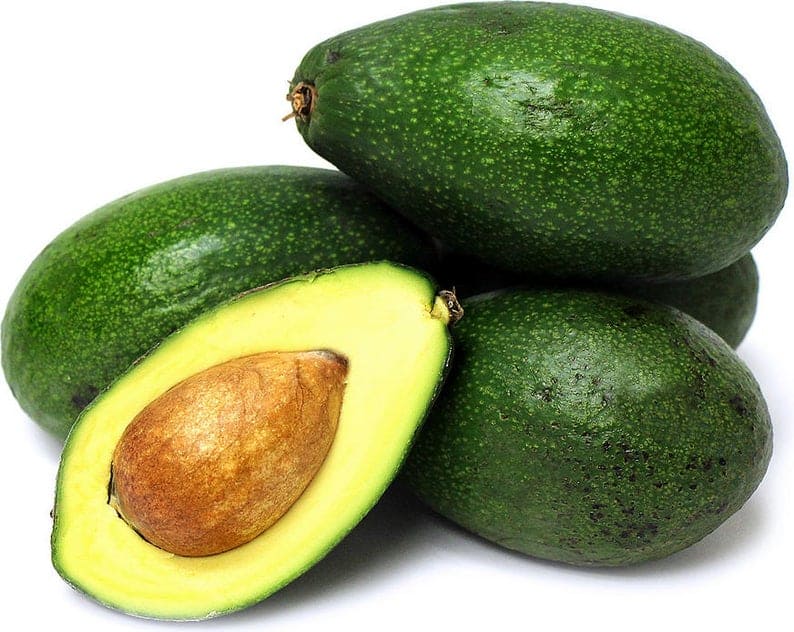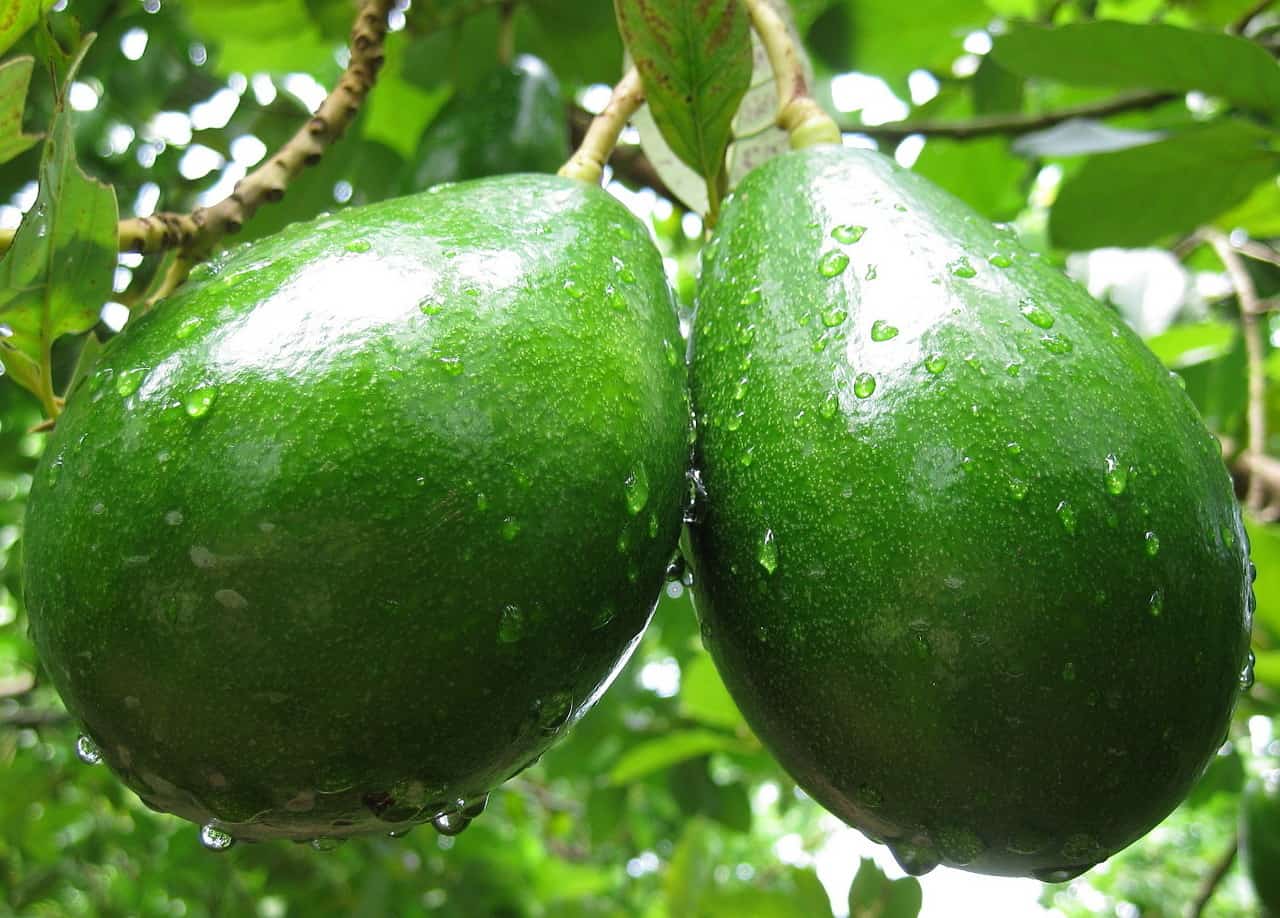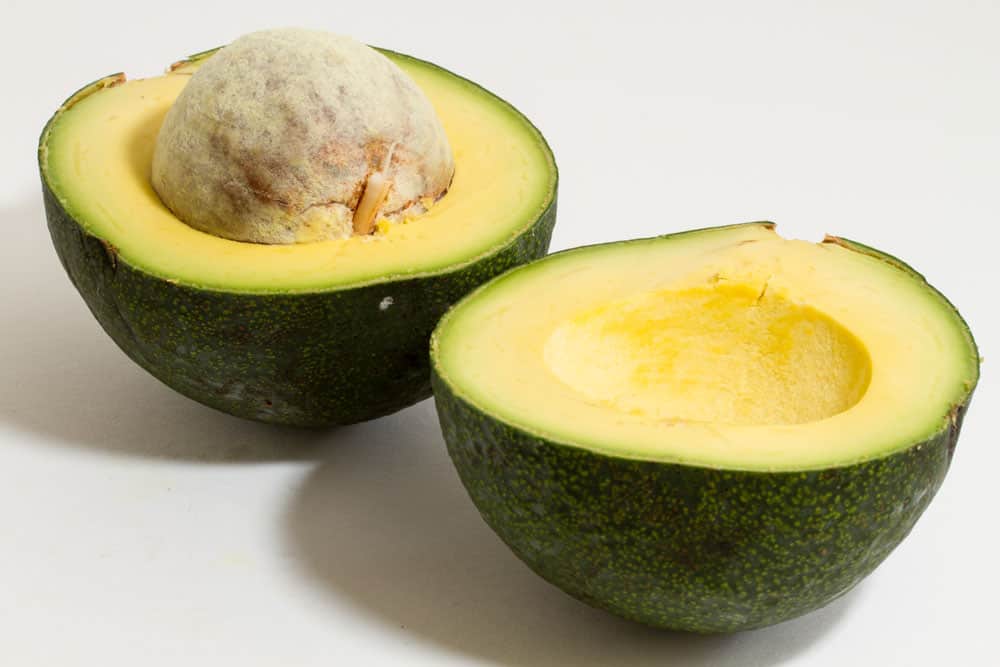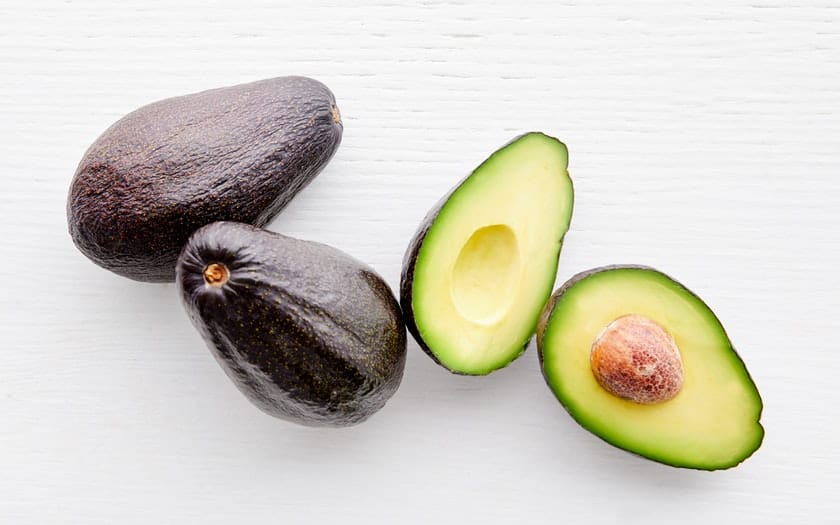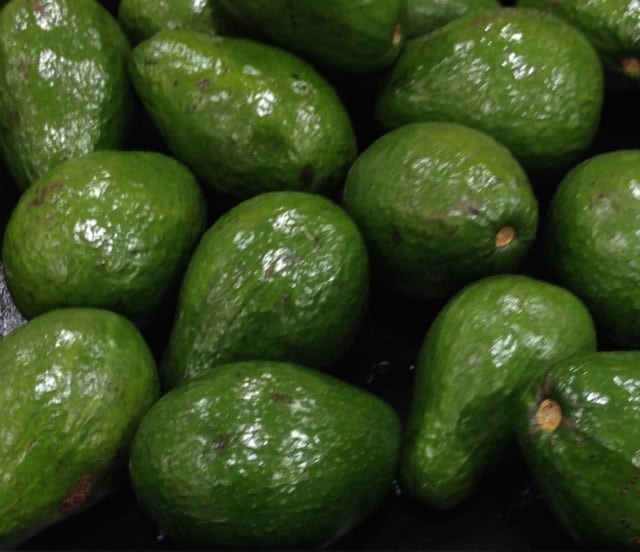Avocado lovers often debate the merits of different varieties. Two of the most popular types are the Hass and Florida avocados. These two avocados differ in several notable ways, from their physical attributes to their nutritional profiles.
Hass avocados are renowned for their creamy texture and rich flavor, primarily due to their higher fat content. This characteristic makes them a preferred choice for guacamole or spreads.
On the other hand, Florida avocados are larger with a smoother, lighter green skin and a less oily but more watery flesh due to their lower fat content. The differences extend beyond texture and taste; the nutritional aspects also vary, with Florida avocados having fewer calories and fats per serving. This distinction is advantageous for those watching their fat intake without sacrificing the inclusion of avocados in their diet.
The choice between Hass and Florida avocados typically depends on personal preference and the intended culinary use. While the Hass variety is a staple for many avocado enthusiasts, the Florida avocado is an excellent option for those seeking a lighter alternative that still provides the health benefits of consuming avocados, such as essential vitamins, fiber, and minerals.
Table of Contents
Origin and Botanical Background
The rich diversity of avocado varieties emerges from distinct botanical heritages, with the Hass and Florida types embodying unique characteristics. These avocados trace back to genetically different origins, which define their respective attributes and culinary uses.
Diversity of Avocado Varieties
Avocado varieties are broadly classified into three main types: Mexican, Guatemalan, and West Indian. Each type corresponds to a specific set of climatic and geographical conditions.
The Mexican avocados are known for their cold-hardiness and anise-scented leaves, thriving in cooler regions. On the other hand, Guatemalan avocados, which possess a moderate tolerance to cold, typically render medium to large fruits and have a higher oil content, preferred in colder areas not quite as extreme as those where Mexican cultivars grow. Within the tropical warmth suited for West Indian avocados, these trees flourish, producing large, smooth-skinned fruits with low oil content, often found in the Caribbean.
Unique Aspects of Hass and Florida Avocados
The Hass avocado, patented by Rudolph Hass in California, is of Guatemalan descent, characterized by its distinctive pebbly skin which turns from green to a dark purplish-black when ripe. They are exceptionally rich in flavor due to their high oil content. On the other hand, Florida avocados, often referred to as West Indian avocados, are larger, have a vibrant green skin even when ripe, and contain significantly less fat. Consequently, the Hass avocados are traditionally preferred for their creamy texture and intense flavor, suitable for dishes like guacamole and spreads, while Florida avocados are often used in salads or other dishes where a lighter flavor and texture are desired.
| Characteristic | Hass Avocados | Florida Avocados |
|---|---|---|
| Texture & Flavor | Creamy texture, rich flavor, higher fat content | Less oily, more watery flesh, lower fat content |
| Size & Shape | Smaller, pear-shaped | Larger, varies from elongated pear to cylindrical |
| Skin | Pebbly texture, turns dark when ripe | Smoother, lighter green, stays green when ripe |
| Nutritional Profile | Higher in calories and fats, more monounsaturated fats | Fewer calories and fats per serving |
| Culinary Uses | Preferred for guacamole and spreads | Used in salads, where lighter flavor is desired |
| Origin | Guatemalan descent, patented in California | Often referred to as West Indian avocados |
| Botanical Background | Part of the Guatemalan variety, higher oil content, cold tolerance | Part of the West Indian variety, low oil content, thrives in tropical warmth |
| Seed & Flesh | Large pit, creamy and rich taste | Smaller pit (proportionally), creamy but more watery |
| Vitamins, Fiber, Potassium | Rich in vitamins C and E, fiber, and potassium | Similar, but quantities slightly vary |
Physical Characteristics
Differentiating between Hass and Florida avocados is straightforward when examining their physical characteristics, from shape and size to the texture and color of their skin.
Examining Shape and Size
Hass avocados are smaller and more pear-shaped than their Florida counterparts. On average, a Hass avocado will fit comfortably in the palm of one’s hand, making it a more compact pear-shaped fruit. In contrast, Florida avocados are larger and less uniform in shape, tending towards an elongated pear or sometimes almost cylindrical.
Skin Texture and Color
The skin texture of Hass avocados is notably pebbly and when ripe, it turns from a bright green to a dark green or nearly black hue. This tough exterior helps in determining ripeness through touch. Florida avocados, on the other hand, have smoother, thinner skin which retains a more consistent bright green color, even when ripe, making tactile ripeness tests less reliable.
The Seed and Flesh
Hass avocados contain a sizeable pit, encased in creamy flesh that is renowned for its rich taste and texture. This seed accounts for a significant volume of the fruit. They have a high-fat content contributing to their creamy consistency. Florida avocados, while still creamy, have a lower fat content and therefore a more watery texture. Their seed is comparably smaller proportional to their larger overall size.
Nutritional Profile and Culinary Uses
When comparing Hass and Florida avocados, their nutritional differences particularly in fat content, as well as their distinct suitability in various recipes, are notable.
Fat Content and Healthy Fats
Hass avocados are known for their higher fat content, which comprises mostly monounsaturated fats. This type of fat is considered heart-healthy. In contrast, Florida avocados contain less fat overall, which also means a lower amount of these healthy fats. The difference in fat content affects both the texture and culinary use of each variety.
Vitamins, Fiber, and Potassium
Both varieties of avocados are rich in vitamins C and E, fiber, and potassium, making them a nutritious addition to any diet. However, the quantities slightly vary between them. For specifics:
- Vitamins: Avocados are a good source of vitamin E and have a significant amount of vitamin C.
- Fiber: They provide a good amount of fiber which aids in digestion.
- Potassium: High levels of potassium in avocados contribute to cardiovascular health.
Avocado in Recipes
The versatility of avocados is apparent in their widespread usage in recipes like salad, guacamole, avocado toast, and smoothies.

